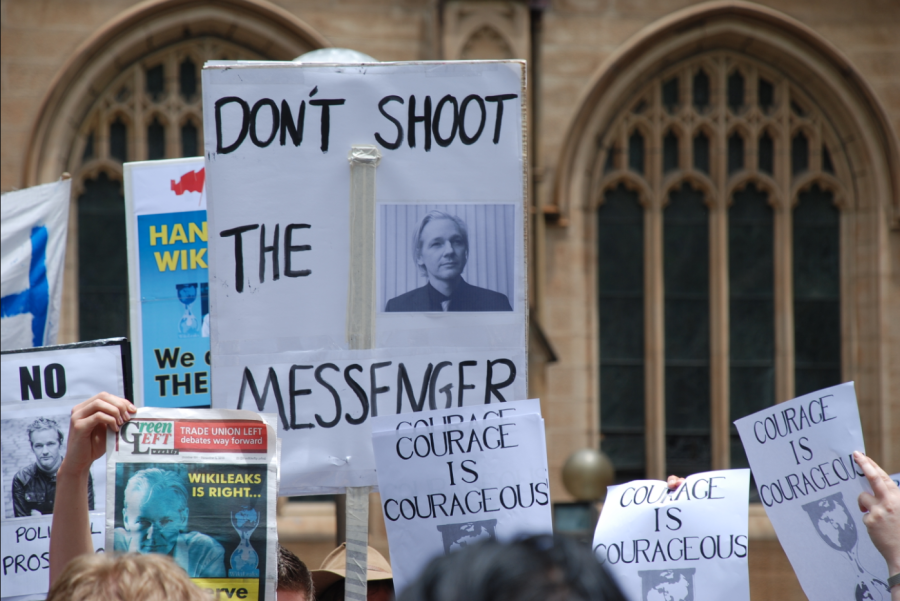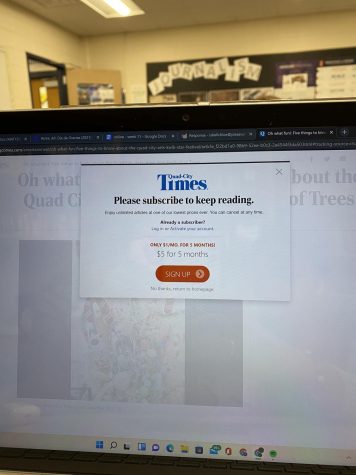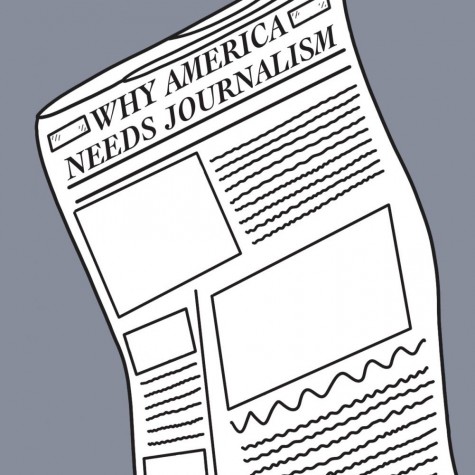Julian Assange, co-founder of the website Wikileaks, has been a person of interest in the US since 2010, when his platform published thousands of highly classified documents uncovering everything from information about world leaders to a video of a US helicopter gunning down journalists in Iraq. The Wikileaks revelations of 2010 brought to surface a series of disturbing realities and confirmed many existing suspicions regarding world relations.
In the eyes of his supporters, Assange is a hero for campaigning for the truth and turning a plethora of classified information into public domain. “But at what cost?” is the hard-hitting question many of his critics have posed. The disclosures made by the 2010 Wikileaks have been criticized for revealing a wealth of information that was never meant to be revealed and compromising thousands of identities while doing so.
Because of this, the US has long sought to extradite Assange from the UK, where he has been held, to prosecute him over the leaks.
Extradition is the process by which one country can request another to relocate a suspect to their jurisdiction to trial. This process, fundamental to the international justice system, allows criminals to serve their sentences in the country where their offenses took place.
Since April 2019, Assange has been confined in London’s Belmarsh Prison after an extensive legal battle and a series of disputes with Ecuadorian authorities. In May 2019, the United States further charged Assange with violating the Espionage Act, a decision many have argued against for violating the First Amendment’s given right to the freedom of press.
A request to extradite Assange is nothing new —it has been attempted before. On Jan. 4, 2021, Assange was denied extradition to the US by Judge Vanessa Baraitser on the basis of mental health concerns, with the judge ruling that it would be “oppressive to extradite [Assange] to the United States.”
But after the London High Court’s ruling on Dec. 10, 2021, everything changed. The High Court ruled in favor of the United States after the US administration promised fair and humane treatment, shooting down previous concerns of Assange’s treatment in custody and risks of suicide in a US prison.
However, senior Tarun Vedula is among many who believe Assange’s treatment in the US would be far from humane. “It’s hard to believe in this promise considering the information in Wikileaks concerning the US and the numerous charges he has been indicted on. If the extradition were approved, the US would likely imprison him under severe conditions,” he said.
As was stated on a crowdsource page made by Stella Moris, Assange’s fiancee who is working to fight his extradition, “Julian exposed the killing of unarmed civilians and the torture of innocent people. For that the people who are driving this want to bury Julian in the deepest, darkest corner of the US prison system for the rest of his life. Julian faces a potential sentence of 175 years.”
After the ruling, Assange is now set to be extradited from the UK to the US, where Assange has been a wanted person for over a decade. If extradited, Assange would face espionage charges that would result in decades of imprisonment.
But what does this mean for the US?
The court’s recent ruling raises serious threats to press freedom that the US so heavily advocates for. After all, is it not the duty of journalists to uncover and publish classified secrets to hold those in power accountable? Is this right not protected by the First Amendment under which the press operates?
“If Julian Assange is imprisoned, the US will be setting a precedent for their expectations of investigative journalism,” Vedula added.
Although the decision of whether or not to extradite Assange has yet to be finalized, the odds seem to be tipped in favor of the US, where the integrity of press freedom lies in jeopardy.


















